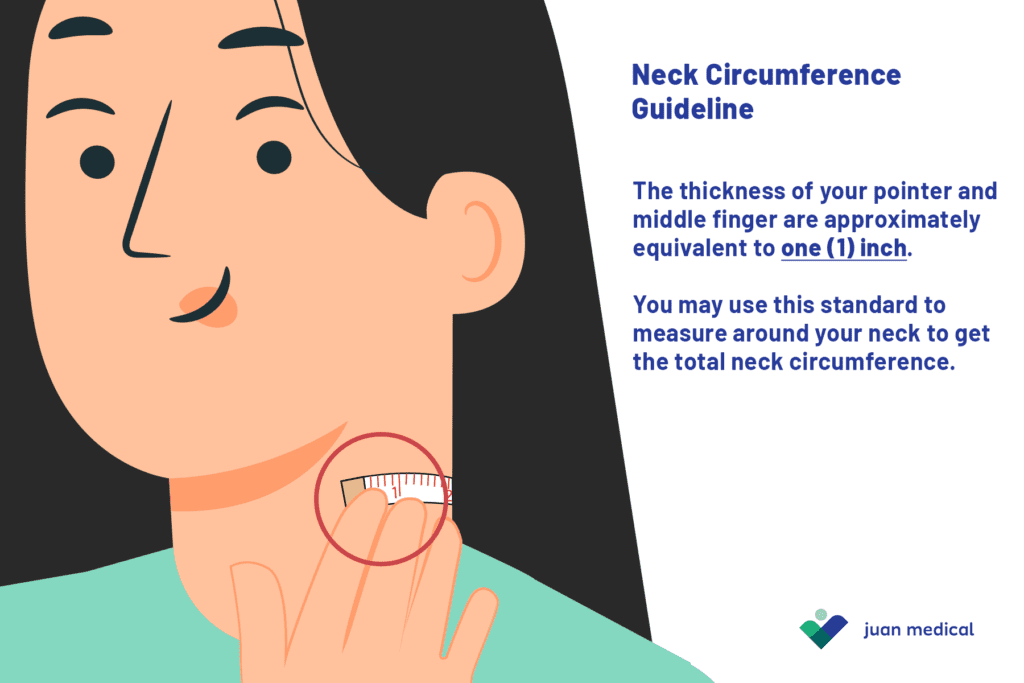The country came to a standstill when the first lockdown in 2020 started due to COVID-19. Quarantine measures were changed every two weeks to soften the blow of the unexpected end of strict “do-not-come-out-of-your-house” measures.
In 2020, almost all hospitals were at full capacity for admission, as the effects of the virus were severe and can even result in death. In January 2022, a surge of positive cases hit the country due to the spread of the omicron variant. During this time, the symptoms were just similar to the seasonal flu and the hospitalization rate is not as high as in 2020. After that month, the country had little to no update regarding the number of cases in the country as it seems like it has been decreasing. In the latter part of 2022, mandates regarding mask-wearing were also relaxed, and Filipinos are only voluntarily required to wear it (except for medical professionals in the hospital or clinic setting).
With that, is COVID-19 really gone and should we be relaxed on following safety protocols? Here are reasons why it is still considered a pandemic:
The first variant of the virus was called Alpha (B.1.1.7) and was discovered in the United Kingdom in November 2020 and is associated with disease severity. Four more following variants were discovered within only 2 years from the discovery of the Alpha variant: Beta, Gamma, Delta, and Omicron. This shows that the virus is mutating quickly. Though disease severity decreases over time, infectivity rate increases and this is very dangerous when it comes to mutation concerns.
Some people still believe that vaccines cause further damage than prevention and refuse to avail free vaccines from the government. Out of 115,559,009 Filipinos in 2022, only 70 million have received their first dose of COVID vaccines. With that, the Philippines has not yet achieved herd immunity, as the target for full vaccination of two (2) doses is at 77.1 million. Furthermore, studies show that unvaccinated citizens create higher risk of infection on the vaccinated.
As of January 2023, there are no studies yet regarding the effectiveness of the vaccine on current and succeeding strains. The current antibodies that were developed are also depleting slowly due to the maturity of the last dose.
Until now, most Filipinos think that they have fully recovered after the prescribed isolation period of 7 days. However, studies show that “Long COVID” exists, but there are no identified reasons why patients acquire it or when it can occur.
“Long COVID” is when there are lingering health problems even after main symptoms go away and the patient is no longer testing positive on any COVID tests.
According to experts, anyone who was exposed to the infectious disease can develop Long COVID but there are certain groups of people who have higher chances of developing Long COVID. Examples of which are those who have experienced severe COVID-19 illness, especially those who were hospitalized and those who have not received their vaccination yet.
There are molecular laboratories that provide results as quick as 4 hours. Juan Medical is partnered with more than five (5) DOH-accredited molecular laboratories and offers RT-PCR Swab tests, the gold-standard of detecting COVID-19, in the following turnaround times:
Should you prefer a non-invasive method of testing, Juan Medical also offers RT-PCR Saliva Tests for home service with 24-48-hour results.
The process is simple and easy. You may book an appointment, then, a licensed swabber will visit your location, and you can wait for results at the comfort of your home.
Juan Medical also provides total antibody tests for those who have recovered from a recent infection from COVID-19. Both CPASS and ECLIA tests may be availed for home service.
Inquire on Juan Medical’s home swab testing daily, at 8AM-5PM by sending an email to bookings@juanmedical.ph, by calling 0960 291 7278 (Viber/Telegram/Whatsapp/Mobile), or by clicking here.



